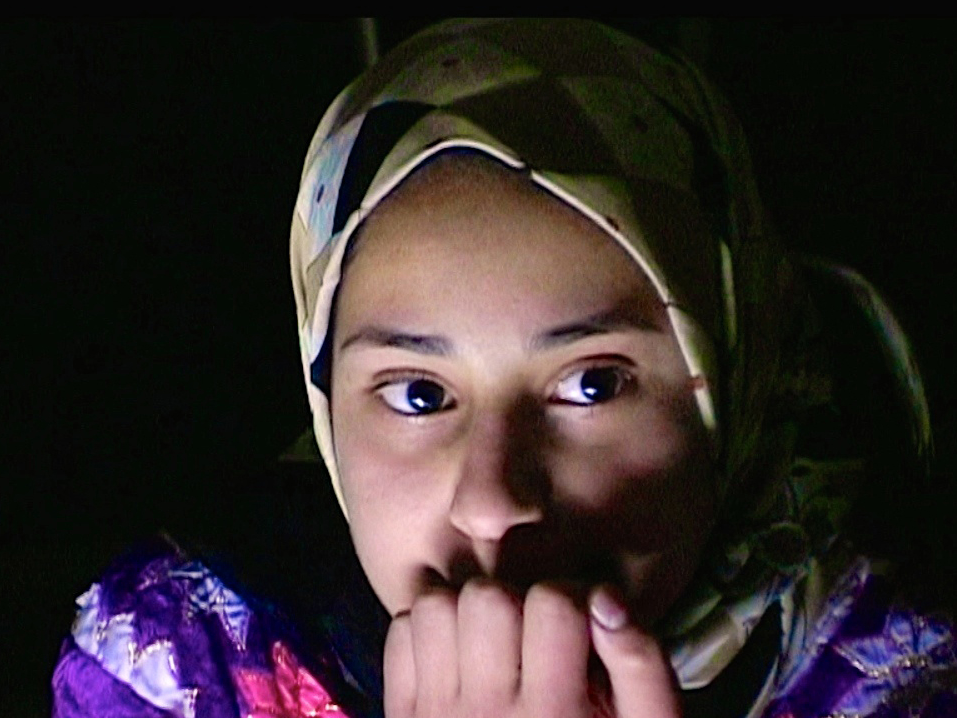
In February 2002 – about a year before the U.S. invasion – Iraqi filmmaker Abbas Fahdel traveled home from France to capture everyday life as his country prepared for war. He zeroed in on family and friends with much of the action seen through the eyes of the director’s 12-year-old nephew, Haidar. When Fahdel returned, two weeks after the invasion, daily activities like going to school or shopping at the market had become nearly impossible; many areas of Baghdad had been closed off to ordinary citizens. Fahdel’s epic yet intimate film paints a compelling portrait of people simply trying to exist in the midst of constant turmoil, describing the fine line between life and death.
« En tant que cinéaste, je pense que le plus important se résume en deux mots : « regarder » et « garder ». [...]
[...] Je suis cinéaste. J’ai regardé quasiment tous les documentaires irakiens. Le documentaire, c’est quoi ? On interviewe les personnalités qui sont impliquées dans la guerre irakienne : ex-ministre, ambassadeur... Ils racontent des choses, c’est vrai, mais ça ne nous apprend rien sur l’Irak, sur la vie en Irak et le quotidien. Ma démarche est complètement différente de celle d’un documentariste. Je veux montrer ce qui se passe vraiment là-bas, sans commentaire et sans voix off. »
Abbas Fahdel1
“It’s not that there were no images, it’s that the images we saw were all too often anticipated by their meaning, reduced to illustrations of the words of those who decide which images are valuable and claim the authority to explain what they mean, trapping them in slogans, headlines, captions. It’s that most of these images were already part and parcel of the ubiquitous rhetoric that staged the righteousness of those avengers who waged war against the axis of evil in the name of infinite justice, a war that has cast a whole part of the world in a terrible chaos whose dreadful consequences are still with us. What was missing, what remains missing, are the faces and voices of those who are often spoken about, without being given the space to speak for themselves. Here lies the greatness of Homeland: in giving us to see so much of what is missing, in making us experience how the other is the same, bearing the same capacities of speaking and listening, but also how the same is itself other, always engaged in the measure of distance.”
Stoffel Debuysere2
- 1Abbas Fahdel, “Abbas Fahdel : « En Irak, encore dix ans de chaos »”, Ballast, 2015.
- 2Stoffel Debuysere, “DISSENT ! Abbas Fahdel”, Diagonal Thoughts, 2015.

